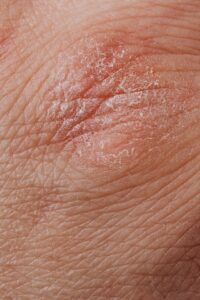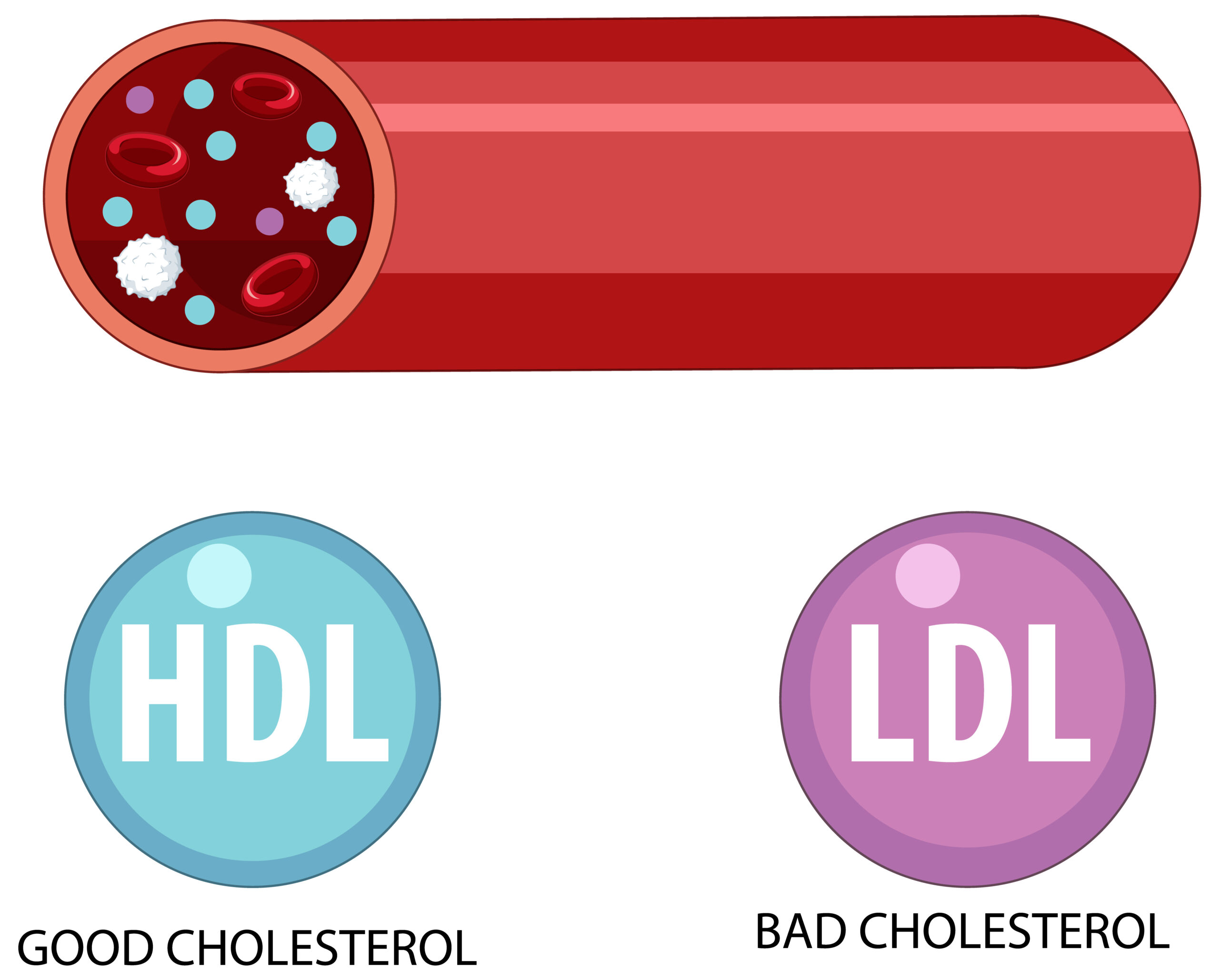As the weather turns colder, those with psoriasis often experience an increase in symptoms. Here’s how you can prepare for the chilly months while keeping your psoriasis under control.
1. Moisturize Regularly and Generously
Colder weather can dry out your skin quickly, which is particularly challenging if you have psoriasis. Moisturizing daily with thick, fragrance-free creams or ointments helps to lock in moisture and creates a protective barrier against the elements. For added effectiveness, apply your moisturizer right after a shower or bath when the skin is slightly damp, which helps seal in moisture.
2. Consider a Humidifier for Your Home
Indoor heating, while comforting, can decrease moisture levels in the air, leading to drier skin. A humidifier can help maintain humidity levels, keeping your skin from becoming overly dry. Aim to keep indoor humidity around 40-60% to create a psoriasis-friendly environment.
3. Opt for Lukewarm Showers and Baths
Hot showers might feel soothing in winter, but they can strip natural oils from the skin, leading to further dryness and irritation. Stick to lukewarm water instead, and limit your bath or shower time to 10-15 minutes. Adding an oatmeal-based or fragrance-free oil to your bath can also help soothe and hydrate skin.
4. Choose Gentle, Hydrating Cleansers
Switch to a gentle, moisturizing cleanser during the winter months to avoid irritating your skin. Look for products free of fragrances, sulfates, and alcohol, as these ingredients can be harsh on sensitive skin. A mild cleanser with moisturizing properties can help keep your skin clean without triggering flare-ups.

5. Dress in Layers With Skin-Friendly Fabrics
Wearing the right fabrics can make a big difference in comfort. Choose soft, breathable materials like cotton as your first layer to avoid friction that can irritate sensitive skin. Avoid wool or rough fabrics that may cause scratching, and instead, layer up with soft clothing to keep warm without irritating.
6. Stay Consistent With Your Treatment Plan
Winter can be a challenging time for managing psoriasis, so it’s especially important to follow your prescribed treatment plan closely. Whether you use topical treatments, phototherapy, or medications, sticking to a routine can help control flare-ups. If you notice changes in your skin, consult your doctor for any necessary adjustments.
7. Eat a Skin-Friendly Diet
Certain foods help reduce inflammation, which may ease psoriasis symptoms. Incorporate anti-inflammatory foods like leafy greens, berries, fatty fish, and nuts into your diet. Staying hydrated is also essential, so drink plenty of water to keep your skin from becoming dry and irritated.
8. Limit Stress With Relaxing Activities
Stress can trigger psoriasis flare-ups, so finding ways to relax is crucial. Practices like yoga, meditation, or even a short walk outside can help lower stress levels, which may reduce symptom severity. Prioritizing self-care can make a difference in how your skin responds during colder months.
Colder weather can be tough on psoriasis, but with the right steps, you can manage symptoms effectively. By moisturizing, using a humidifier, choosing gentle products, and maintaining your treatment plan, you can keep your skin feeling comfortable and healthy all winter. Embrace these tips, and let your skin thrive, even as temperatures drop.









